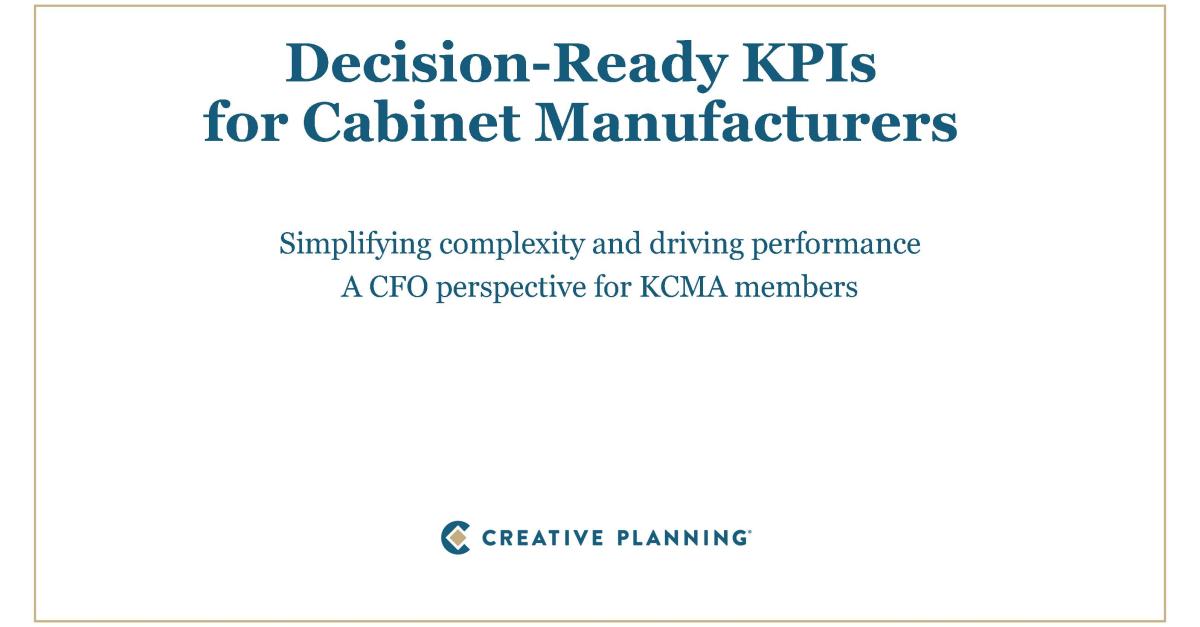Today’s workplace is a generational melting pot, ranging from baby boomers to Gen Z. Each brings vastly different needs and expectations to their place of employment.
That’s certainly been the case at Cardinal Health. The 46,000-employe health care services company has five generations represented in its workforce, says CHRO Ola Snow. She spoke with Fortune about how to manage the generational split in the workplace and use it to a firm’s advantage.
Fortune: How would you describe the generational breakdown across the company?
Ola Snow: About half of our workforce is what you’d consider Generation Y and Z. About 40% of our population is Generation X, but we also have baby boomers and traditionalists (otherwise known as the silent generation, born between 1921 and 1945).
Have you seen any deviation in wants and needs among the various generations?
Each generation is asking, ‘What benefits meet me where I am in my life? Is this company aligned with my values? Is the work I do making a difference for the organization and society in general?’
What policy or benefits changes have you made recently that reflect those new and differing desires?
We have a comprehensive listening strategy to collect and understand the needs of our employees. We have a benefits suite that can cross over generations because what someone my age needs versus your age is very different. Some examples of that may be childcare versus elder care.
We also have mentorship and sponsorship programs that help foster, grow, and develop our younger generation through mentoring from our more seasoned generation. Another thing we talk about is mental health and how to destigmatize it because we know it’s a matter that spans generations. We also know that mental health is really important to our Gen Zers who want to come to a place where they can talk about it, which means we need to help support them and make sure their managers are equipped to have courageous conversations.
How are you training managers to lead multigenerational workforces?
We have several manager trainings on how to talk to a younger generation and have courageous conversations around DEI, for example. We also try to bring those generations together to learn, which is an important part of the equation.
One of the important things our interns told us they want from their future employer is a place they can talk about their mental health. I was pleasantly surprised that about 75% of them had already discussed mental health with their managers.
Did you learn anything unexpected from the most recent intern class?
They wanted to be in the office more than we thought they did. They are really curious and want to understand the dynamics in the room. Flexibility will always be key going forward, but we also need to focus on the times that we are better together.
How are you thinking about employees who are approaching retirement?
Some employees are thinking about job sharing, which is an old concept that seems to be coming back. People are saying, ‘Hey, I want to retire over the next year. Let’s think about an exit plan where I can step down.’ We also have a lot of retirees that come back to our workforce, even part-time. Great benefits can sometimes lure people back to an organization.
By Amber Burton
amber.burton@fortune.com



